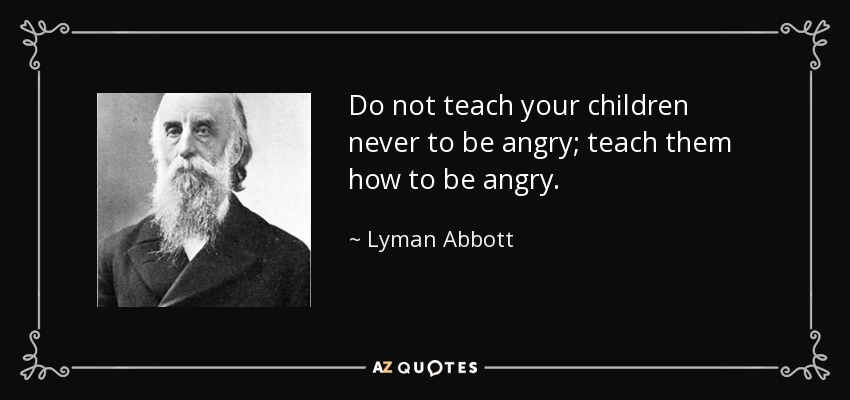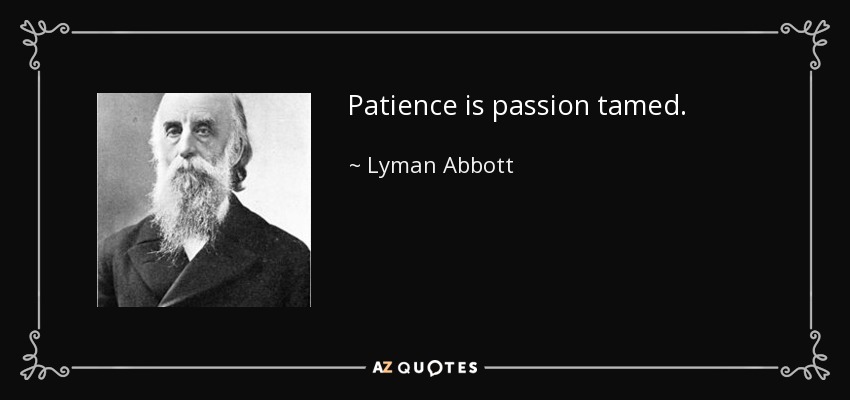YASAL UYARI : Burada yer alan yatırım bilgi, yorum ve tavsiyeleri "Yatırım Danışmanlığı" kapsamında değildir. Yatırım danışmanlığı hizmeti, Aracı Kurumlar, portföy yönetim şirketleri, mevduat kabul etmeyen bankalar ile müşteri arasında imzalanacak yatırım danışmanlığı sözleşmesi çerçevesinde sunulmaktadır. Burada yer alan yorum ve tavsiyeler, yorum ve tavsiyede bulunanların kişisel görüşlerine dayanmaktadır. Bu görüşler mali durumunuz ile risk ve getiri tercihlerinize uygun olmayabilir. Bu nedenle, sadece burada yer alan bilgilere dayanılarak yatırım kararı verilmesi beklentilerinize uygun sonuçlar doğurmayabilir.
ALTIN ÖĞÜT: Forumda okuduğunuz bilgileri fikir vermesi amacıyla ve mantık süzgecinden geçirerek değerlendirin. Hiç kimse sizi tanımadan size para kazandırmak heveslisi değildir. Hayatta karşılaşmadığınız ve adını soyadını dahi bilmediğiniz bir kişinin tavsiyesi ile senet almaya kalkışmayın, sonu %99 hüsran olacaktır.









 Alıntı yaparak yanıtla
Alıntı yaparak yanıtla
















Yer İmleri